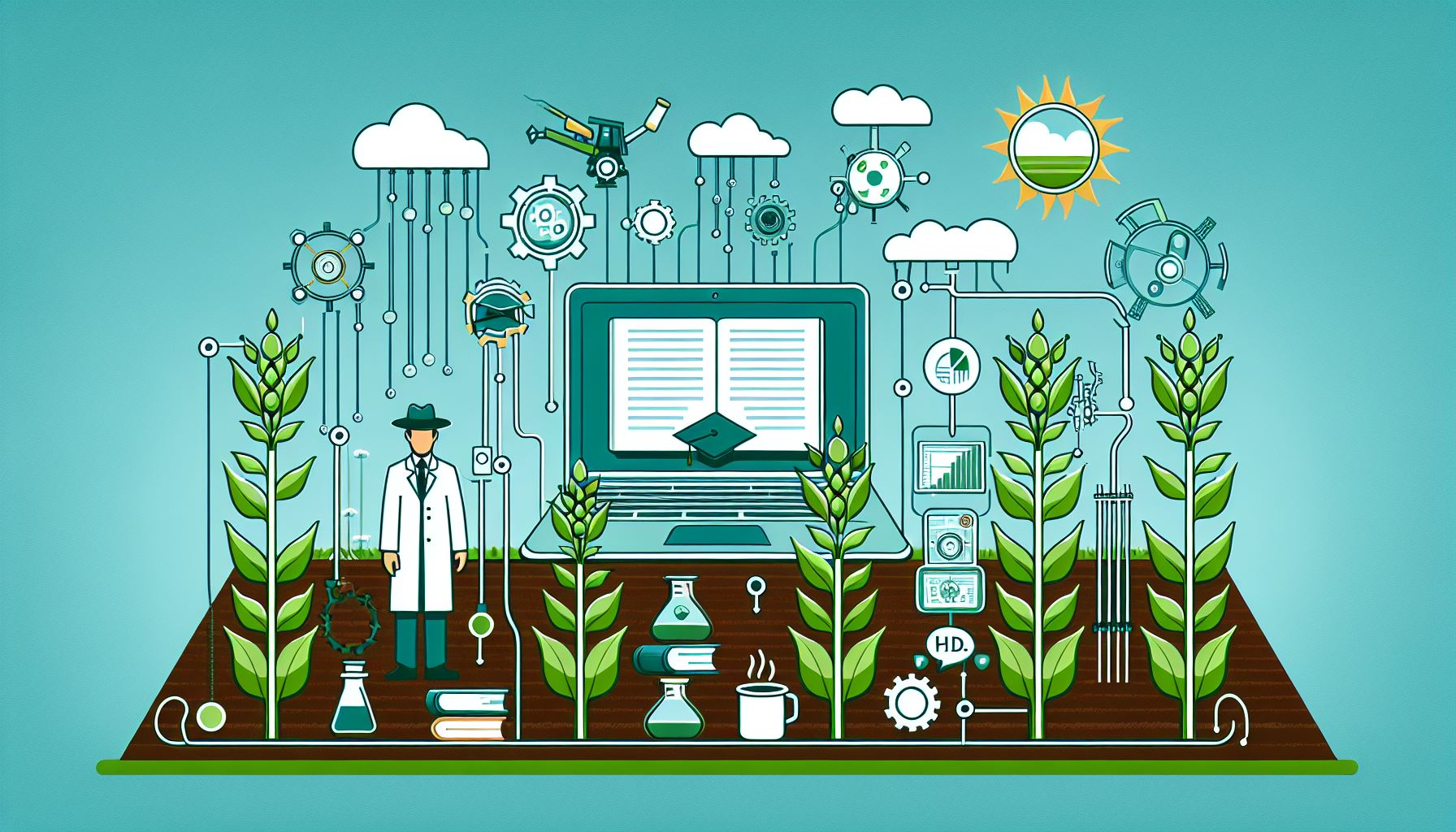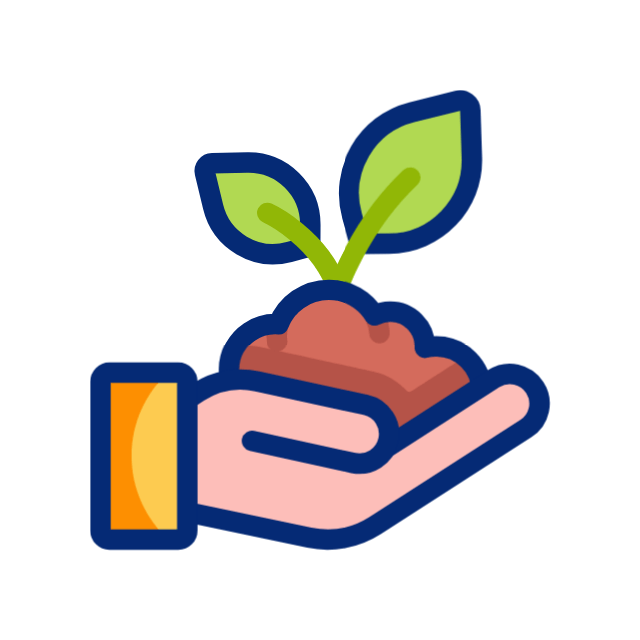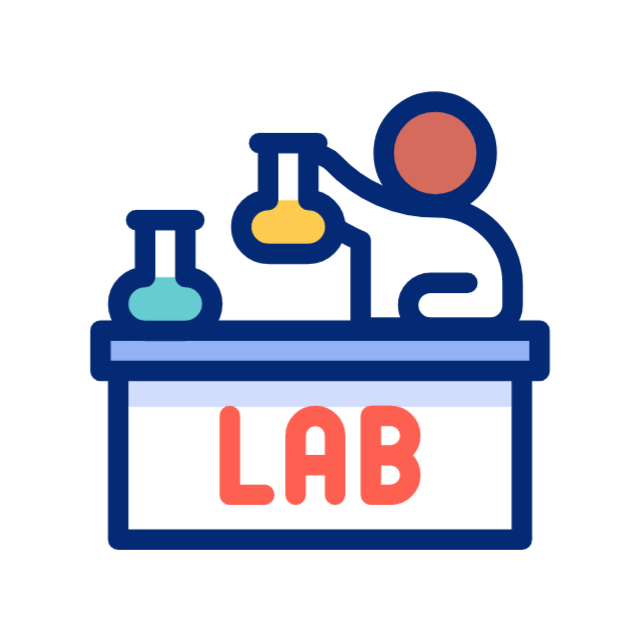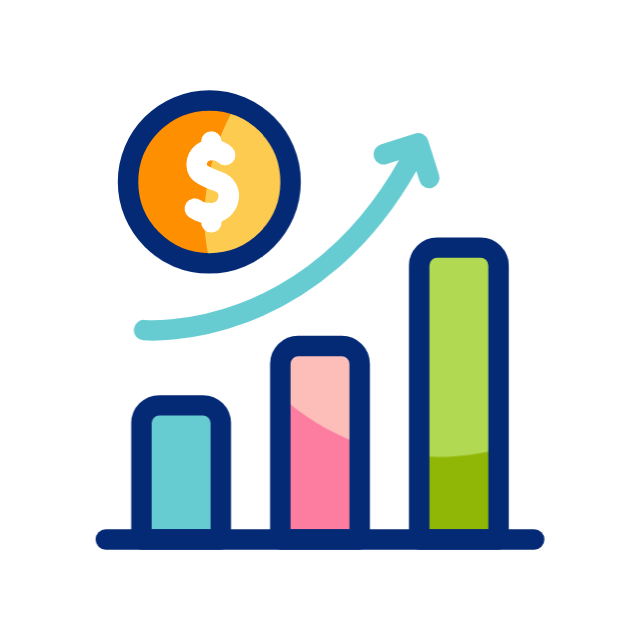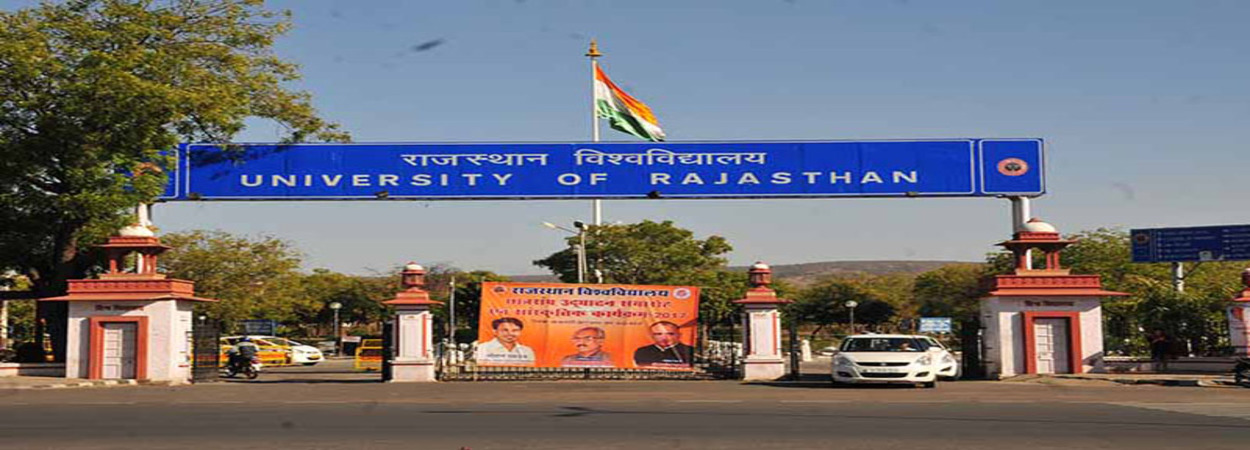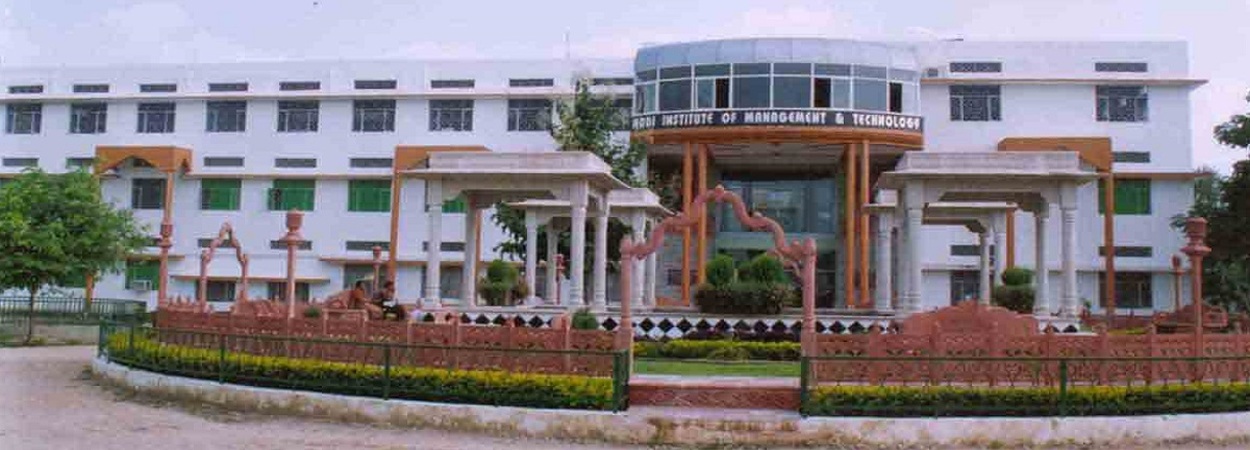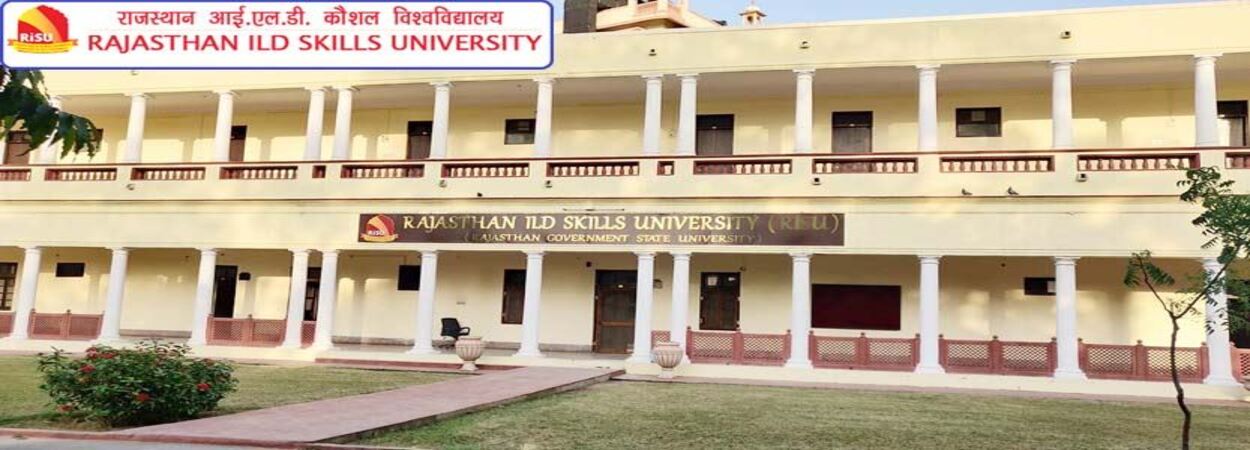Introduction:
A Ph.D. in Agri-Informatics is an advanced academic degree focusing on the application of computational techniques and information technology to agriculture. This interdisciplinary field combines data science, machine learning, and big data analytics to enhance farming practices, crop yield, and sustainable agriculture. Researchers in this domain work on developing algorithms and models to predict crop patterns, manage resources efficiently, and solve complex problems related to food security and climate change. The goal is to innovate for better decision-making in agriculture, contributing to smarter, more efficient, and environmentally friendly farming methods.
Admission Process:
- Submit an application to a university offering the program.
- Provide academic transcripts showing a strong background in agriculture, informatics, or related fields.
- Demonstrate research ability through previous work or publications.
- Include letters of recommendation from academic or professional references.
- Craft a statement of purpose outlining research interests and career goals.
- Pass a qualifying exam if required by the institution.
- Attend an interview to discuss research potential and fit with the program.
- Secure funding through scholarships, assistantships, or grants.
- Meet language proficiency standards if applicable.
- Fulfill any additional requirements specific to the institution or program.
Eligibility:
- Master’s degree in agriculture, informatics, computer science, or related field.
- Strong academic record, particularly in relevant coursework.
- Research experience in agri-informatics or related areas.
- Proficiency in data analysis and computational tools.
- Publications in peer-reviewed journals (desirable but not mandatory).
- Letters of recommendation attesting to academic and research skills.
- Statement of purpose reflecting interest in agri-informatics.
- Competence in English or the language of instruction.
- Entrance examination scores, if required by the institution.
- Interview performance to assess fit and motivation for the program.
Completion Time:
The average completion time for a Ph.D. in Agri-Informatics is typically 3 years. This duration can extend depending on the research topic, the complexity of the dissertation, and the institution’s specific requirements. The program usually involves coursework, comprehensive exams, and a significant amount of original research leading to a dissertation. Candidates may also need to publish their findings in peer-reviewed journals. Timely completion often requires a strong commitment to research, effective time management, and adherence to the institution’s guidelines and deadlines.
Career Opportunities:
- Academic Researcher: Conducting advanced research in agri-informatics.
- Data Scientist: Analyzing agricultural data to improve farming practices.
- Precision Agriculture Specialist: Developing technologies for efficient farm management.
- Policy Advisor: Guiding agricultural policies with data-driven insights.
- Agri-Tech Entrepreneur: Starting innovative agri-tech companies.
- Consultant: Providing expertise to improve agricultural systems.
- University Professor: Teaching and mentoring the next generation of agri-informaticians.
- Government Research Analyst: Working on national agricultural improvement projects.
- Sustainability Officer: Promoting environmentally sustainable farming methods.
- Technology Developer: Creating software solutions for agricultural challenges.
Syllabus:
The syllabus for a Ph.D. in Agri-Informatics typically includes:
- Introduction to Computers: Understanding computer basics, operating systems, and applications.
- Data Analysis: Techniques for statistical analysis and interpretation.
- Database Management: Concepts and types of databases, uses in agriculture.
- ICT in Agriculture: Use of Information and Communication Technology in farming.
- Plant Process Modeling: Computer models for plant growth and development.
- Resource Management: IT applications for water and nutrient requirements.
- Advanced Research Methods: For conducting high-level agri-informatics research.
- Thesis Writing: Skills for documenting and presenting research findings.
Internship Opportunities:
Internship opportunities for Ph.D. students in Agri-Informatics include:
- Agriculture Internships: Engaging in practical farm work and research.
- Data Science Projects: Applying data analysis to agricultural datasets.
- Sustainable Farming Initiatives: Contributing to eco-friendly agriculture practices.
- Agri-Tech Companies: Innovating with technology solutions for farming.
- Research Institutions: Participating in cutting-edge agri-informatics research.
- Government Projects: Assisting in policy-making and implementation.
- Non-Governmental Organizations: Working on food security and rural development.
- Remote Internships: Offering flexibility to work from home on various projects.
- Global Programs: Gaining international experience in diverse agricultural practices.
Scholarship and Grants:
Scholarships and grants for a Ph.D. in Agri-Informatics may include:
- Institute Scholarships: Offered by agricultural research institutions.
- Government Fellowships: Provided by the Ministry of Agriculture.
- International Grants: For global students in agricultural sciences.
- University Awards: Based on academic merit and research potential.
- Private Foundations: Supporting specific areas within agri-informatics.
- Research Grants: Funding for innovative agri-informatics projects.
- Travel Grants: For attending international conferences and workshops.
- Teaching Assistantships: In exchange for teaching undergraduate courses.
- Research Assistantships: For assisting in faculty-led projects.
- Industry Sponsorships: From agri-tech companies investing in research.
FAQs:
What is Agri-Informatics?
Agri-Informatics is an interdisciplinary field that applies information technology and data science to agriculture, aiming to enhance efficiency, productivity, and sustainability.
Who can apply for a Ph.D. in Agri-Informatics?
Candidates with a Master’s degree in agriculture, informatics, computer science, or a related field, and a strong academic record are eligible to apply.
What does the Ph.D. program involve?
The program typically includes coursework, research methodology training, and a dissertation based on original research.
How long does it take to complete the Ph.D.?
The duration is usually 3 to 5 years, depending on the research topic and the institution’s requirements.
Are there any entrance exams?
Some institutions require national or university-level entrance exams like UGC NET, GATE, or SLET.
What career opportunities are available after completion?
Graduates can pursue careers as academic researchers, data scientists, policy advisors, agri-tech entrepreneurs, and more.
Is funding available for Ph.D. students?
Yes, there are scholarships, grants, assistantships, and fellowships available from various sources, including universities, governments, and private organizations.
Can I work while pursuing my Ph.D.?
Many programs allow part-time enrollment or offer flexibility for working professionals.
What skills will I gain from this Ph.D.?
You’ll gain expertise in data analysis, computational tools, research methodologies, and a deep understanding of agricultural systems.
Is the program available online?
Some institutions may offer online or hybrid formats, allowing for remote learning and research.
